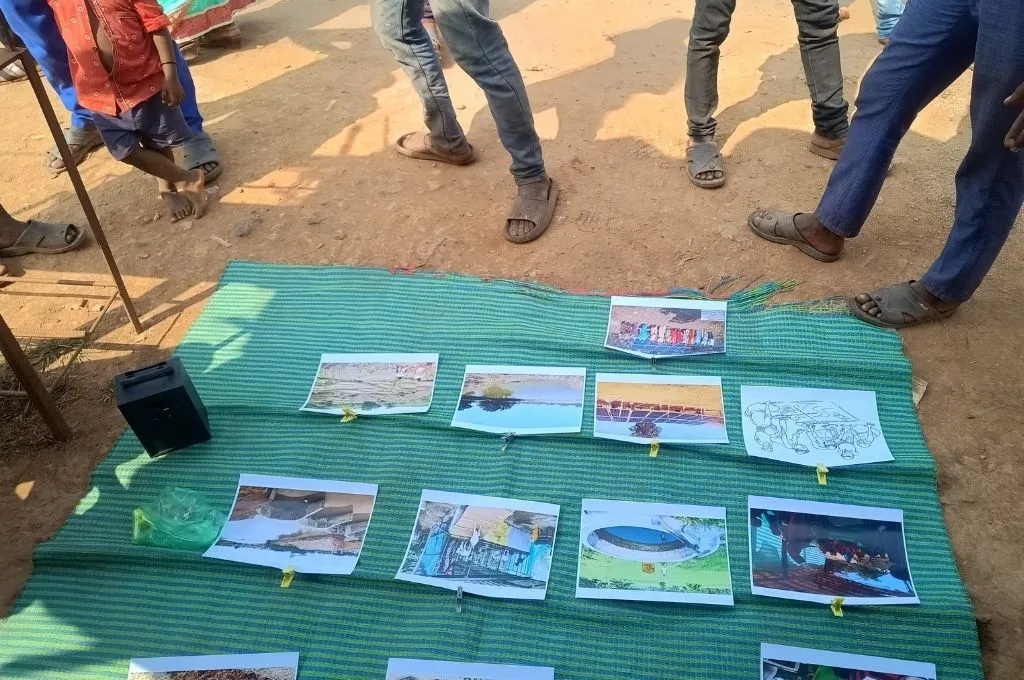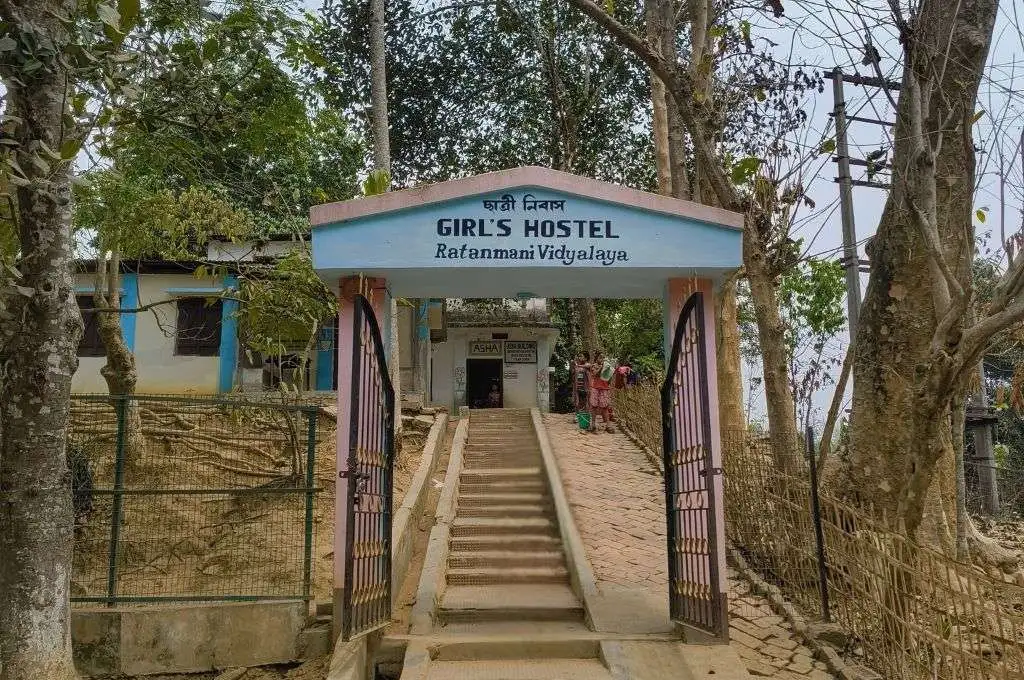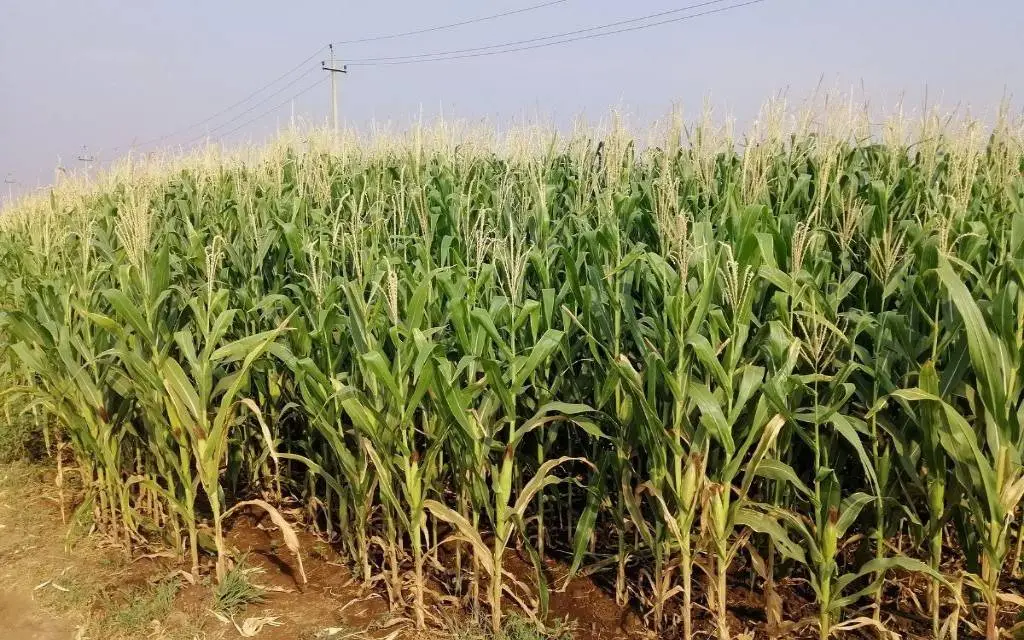A charmless profession: Snake charmers now seek daily wage work
After his father’s death, Srikant Bedia began practising snake charming. He was only 20 at the time. Now, as a 54-year-old father of four, Srikant also works at construction sites as a daily wage earner to support his family.
A majority of the 55 families in Bedia Tola were once snake charmers by profession. However, only 12 to 15 families continue to practice it; the remaining have since turned to daily wage labour.
“In urban areas, nobody—not even children—are interested in snakes nowadays. They prefer clinging to their mobile phones. Such apathy has left us with no choice but to visit rural pockets, where most of the time we get rice and food grains instead of money,” says Srikant. “We are forced to eat nothing but maad bhaat (rice gruel) and chokha (mashed potatoes) as we can’t afford vegetables that cost INR 50 per kg or more,” he adds.
Although he has worked as a snake charmer for several years, the forest department has been pressuring him and other snake charmers in the village to leave the snakes in the woods. The lack of government alternatives to his current profession also distresses Srikant, who remains uncertain about what he would do if the department forced him to give up snake charming. He adds that the women of the family cook using dry wood that they collect from the forest, as they do not have the funds to refill the LPG cylinders they received under the Pradhan Mantri Ujjwala Yojana.
Raju Bedia, another resident of the village, draws attention to the necessity for training women in the village. He says, “Some women of the village are semi-skilled in sewing and stitching cloths and have participated in the training provided for a limited period. With further training and support they can be groomed as tailors and have their own tailoring units in the village.”
Bengu Thakur, a language rights activist from the adjoining Sindurpur village, emphasises that skill training will help families earn more and fund their children’s education. These educated children will then be more likely to secure jobs and consequently improve the socio-economic status of their families.
Praduman Choubey is a freelance journalist based in Dhanbad, Jharkhand.
This is an edited excerpt from an article that was originally published on 101 Reporters.
—
Know more: Learn about the last Bela printer from a village in Gujarat.
Do more: Connect with the author at praduman.choubey@gmail.com to learn more about and support his work.



